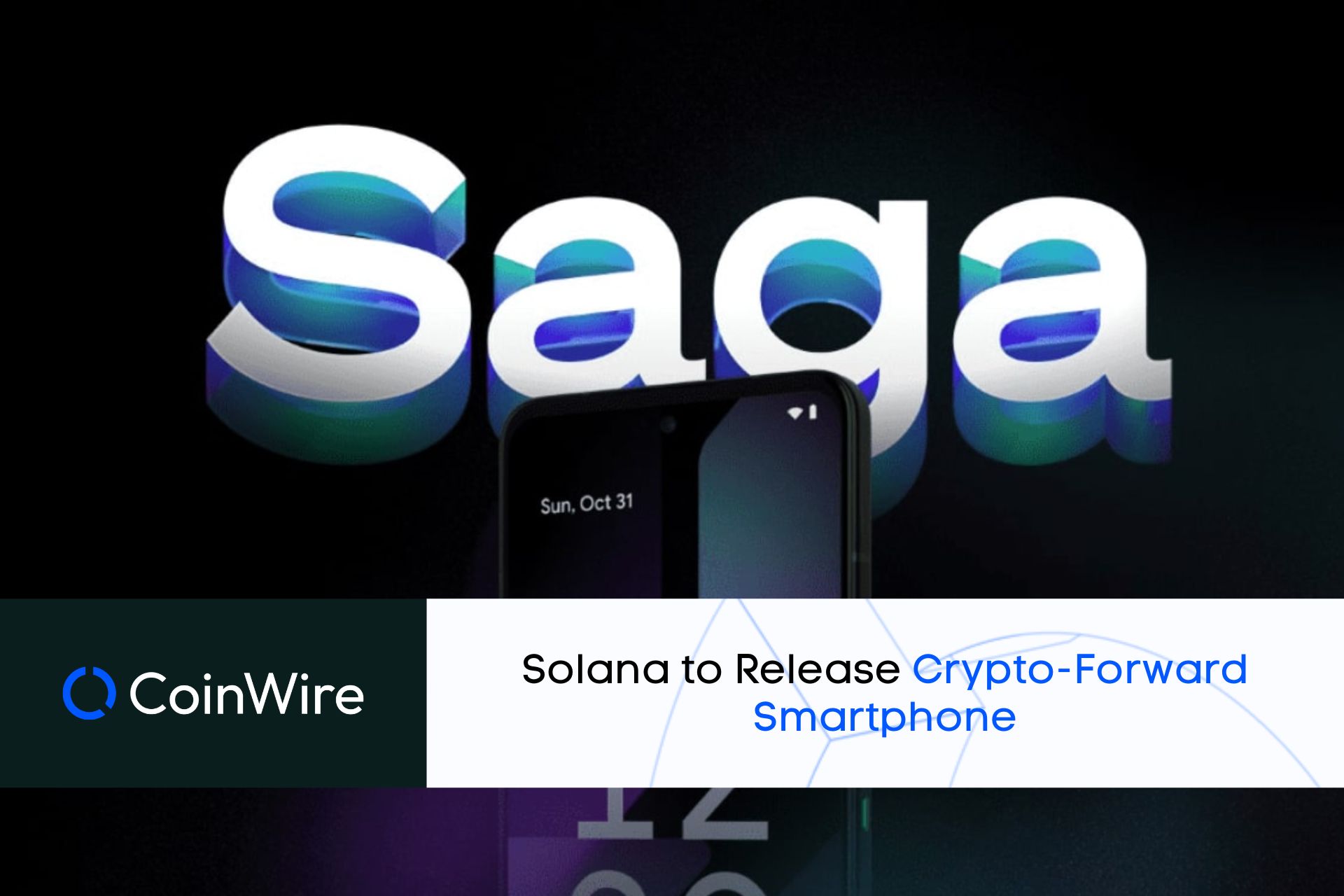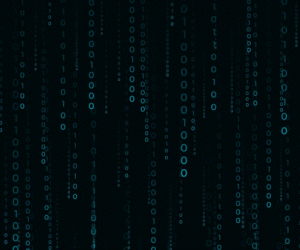
On May 8, Saga, the controversial crypto-forward smartphone from Solana Labs, will formally go on sale to the general public. The organization that created the Solana blockchain made this announcement. Additionally, the aforementioned notification noted that pre-ordered devices are currently being shipped.
The Smartphone Saga

The planned Android smartphone, according to employees at Solana-focused businesses, is a bet on mobile becoming crucial to the future of cryptocurrency. You may recall that about ten months ago, Solana first hinted at the revolutionary potential of a smartphone that could also serve as a hardware cryptocurrency wallet, as well as the opportunities such a product may present for its ecosystem.
According to reports, the Solana Mobile has hardware from OSOM, a Bay Area manufacturer of smartphones, and is priced at $1,000. A fingerprint scanner, a 6.67-inch OLED display, two interchangeable back cameras, and 512 GB of storage are all anticipated. Additionally, it will come pre-installed with the most recent Android operating system.
Solana Phone Features

According to Solana, the “Solana Mobile Stack” (SMS), a collection of specialized add-ons that incorporates crypto functionality into the phone’s hardware and software, is what distinguishes Saga from other smartphones. The aforementioned functionality includes built-in security mechanisms that enable sending, receiving, trading, and storing of cryptocurrency on the device.
In light of this, a “seed vault” that houses a crypto user’s private keys is purportedly included in Saga’s safe component. According to Solana, keys are more safe when kept apart from the other data on a phone.
It is also anticipated that the Solana smartphone would have a unique “Dapp” store intended to only list cryptocurrency applications. There were more than a dozen programs accessible for download that included crypto trading, inter-wallet messaging, music, and digital collectibles, with more anticipated in the future.
In addition, Solana has previously stated that they will not impose “extractive fees” on Dapp store apps, in contrast to Apple and Google, which both impose a 30% tax on their respective stores. It’s important to keep in mind that the Dapp store is distinct from Android’s “Google Play.”
The stories of both large and small phone manufacturers about their own attempts to build a crypto-forward smartphone are fascinating. Their demise has created a dangerous precedent for Solana, a product designed and sold for a certain crypto economy.






